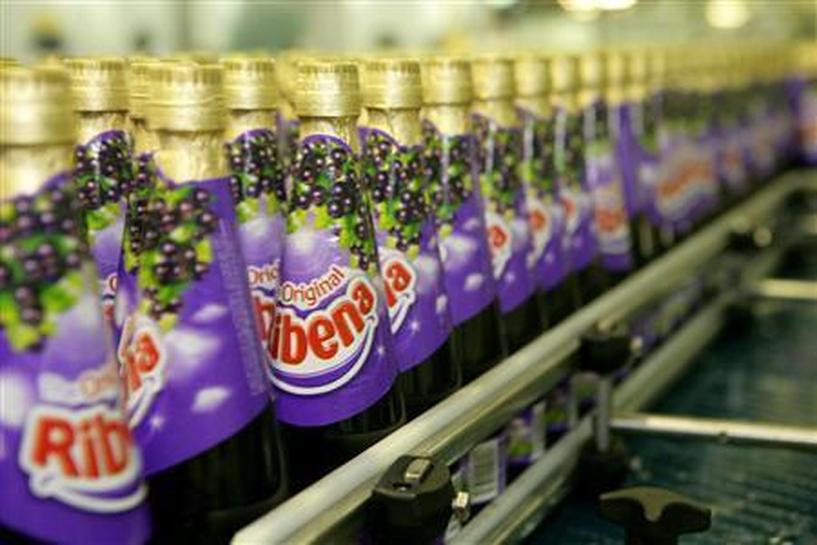Ribena Blackcurrant, the well-known drink that provides several health benefits, had its fair share of bad publicity in the past. But what happened to the corporation behind the brand?
Two high school students discovered that despite advertising claims that the blackcurrants in Ribena have four times the vitamin C of oranges, the drink contained almost no vitamin C at all. The manufacturers were fined NZ $217,500.
Ribena Blackcurrant
Ribena is named after the plant’s Latin name Ribes nigrum. It was developed and marketed in 1938 by a Bristol-based food and beverage company. Blackcurrants are known to be high in vitamin C. That was why Ribena was given to children during the second world war, to help children improve their immune systems. (Source: The Guardian)
Henry Williams Carter was a chemist who partnered with JR Grace to acquire the Bristol Soda Water Works in 1872, which was then renamed H.W. Carter and Co. The company was initially known for its concentrated lemon syrup and other products like lemon squash, lime juice cordial, and table jellies. (Source: Let’s Look Again)
In 1936, Ribena was introduced to the public, thanks to the merger of H.W. Carter to other local businesses forming the Bristol Industries Limited, with Frank Armstrong as chairman.
The Ribena brand was acquired by GlaxoSmithKline (GSK) in the 50s and survived the many mergers the company undertook. Through the years, GSK created different fruity versions of Ribena. (Source: Bristol Post)
Today, Ribena is still known to be a healthy drink. Blackcurrants, besides being a good source of vitamin C, have shown high amounts of anthocyanins. Anthocyanin is an antioxidant that aids in the battle against free radicals. They may also have anti-inflammatory, antiviral, and anticancer properties. (Source: Zen Garden)
New Zealand Exposé
GSK, the makers of Ribena, is a manufacturing giant known for popular prescription products, vaccines, and consumer health products. Even though GSK is a known pharmaceutical company, it has been a subject of several issues in the past. (Source: Drug Dangers)
One of GlaxoSmithKline’s most well-known instances of misbehavior is their contempt for Avandia’s potentially fatal side effects. Avandia was previously the most commonly prescribed diabetes medication in the world.
Annual sales plummeted from $3 billion to $1 billion once the drug’s elevated risk of heart attacks was discovered. Avandia’s sale was soon restricted in the United States and halted in Europe.
In 2004, Anna Devathasan and Jenny Suo of Pakuranga College, two schoolgirls, discovered that Ribena contained almost no trace of vitamin C. The girls tested Ribena against other brands and discovered Ribena had only a tiny amount of vitamin C, while another brand’s orange juice drink contained almost four times more. (Source: The Guardian)
The girls tried reaching out to GSK and let them know of their findings, as Ribena’s advertising claims that the drink contains four times more vitamin C than oranges. GSK did not give the report attention. The girls’ study was picked up by a local television consumer affairs program, Fair Go. They advised them to contact the commerce commission, a government watchdog.
GSK denied allegations and stated that the girls tested the wrong product, concentrated syrup with four times the vitamin C found in oranges. However, when the commerce commission investigated further, it discovered that while blackcurrants contain more vitamin C than oranges, Ribena did not. Additionally, it stated that ready-to-drink Ribena has no detectable vitamin C at all.
The company then admitted it might have misled customers in advertisements saying the blackcurrants in Ribena syrup had four times the Vitamin C of oranges. The Commerce Commission sought a punishment of between $275,000 and $350,000, as well as corrective television advertising. (Source: NZ Herald)
